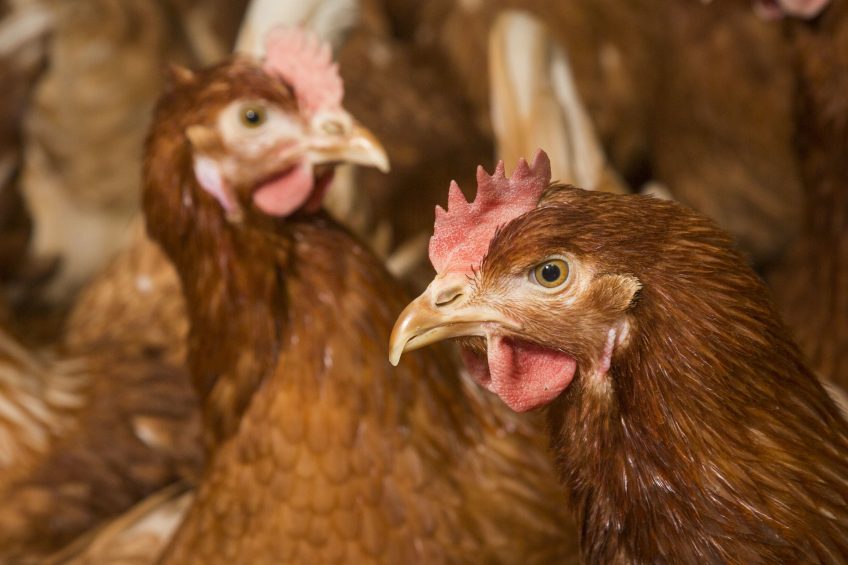EC: Animal welfare has limited impact for agri producers

Animal welfare standards in the European Union have a limited competitive impact for agricultural producers trading on the global market, according to a report released by the European Commission.
The “Study on the impact of animal welfare international activities” said instances of possible trade diversions and product relocation are only confirmed in the egg and egg product markets, but these had failed to materialise yet because of concurrent SPS factors acting as temporary trade barriers.
It adds that animal welfare related investment adaptation requirements can have negatively impacts the profitability of EU producers and operators, particularly in mature industries in structural crisis.
Animal welfare related investment
This is particularly so for grass-roots farmers and transport operators whose increased animal welfare related investment costs to finance adaptation of production facilities have not necessarily led to higher prices, due to a lack of bargaining power.
On a positive note, the Commission says the EU has clearly played a very prominent and decisive role in raising awareness about animal welfare standards as part of the global agenda.
It has been successful, it argues in:
- Starting policy dialogues on the subject
- Increasing the standing of animal welfare policy among partner Government institutions
- Facilitating the incorporation of animal welfare standards in legislation in many non-EU nations
- Being a lighthouse in promoting pilot and voluntary industry initiatives, particularly in the laying hen and pig rearing sectors.
But overall, it says progress has been slow and uneven in different areas: “It has been more clearly evident for animal welfare standards at slaughter, slightly less so for animal welfare standards at transport and much less so for animal welfare standards at farm where important OIE animal welfare standards have been adopted only recently and others are still under preparation..”
The study involved the detailed mapping of EU animal welfare international activities between 2004 and 2015 and included 90 interviews with stakeholders, a set of detailed case studies and an analysis of results from 2 surveys.













